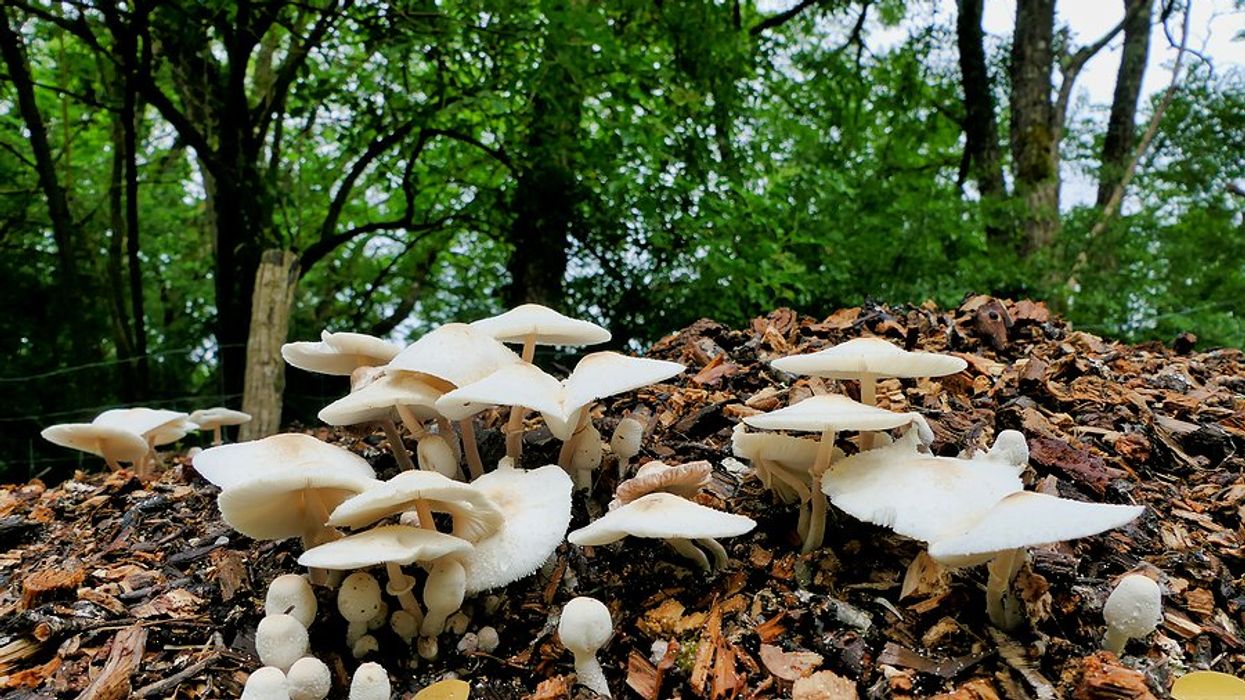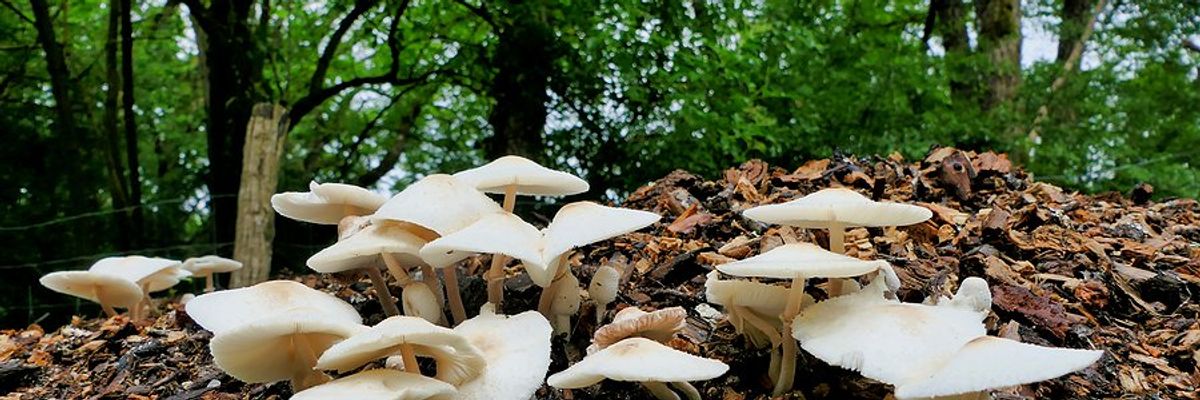By delving into the world of underground fungi, farmers like Timothy Robb are revolutionizing soil health, leading to robust crops and enhanced carbon sequestration.
Grey Moran reports for Civil Eats.
In short:
- Farmers are leveraging fungal networks to enrich soil, improve plant health, and store carbon, moving away from chemical-dependent practices.
- This approach is part of a broader shift towards regenerative agriculture, emphasizing the importance of microbial diversity and soil ecosystem balance.
- Innovative farming methods, including the use of compost tea and wood chip mulch, promote fungal growth and carbon capture in soil.
Key quote:
" ... it’s a methodology of introducing the microorganisms that are absent from the soil—the chain of organisms that release different minerals from rocks, clay, or silt particles in the soil.”
— Timothy Robb, co-owner of Compostella Farm
Why this matters:
Understanding and applying the symbiotic relationships between fungi and plants can drastically improve agricultural sustainability and combat climate change. This shift toward nurturing soil microbiomes not only enhances crop resilience but also plays a significant role in carbon sequestration, offering a hopeful avenue for mitigating global warming.

















